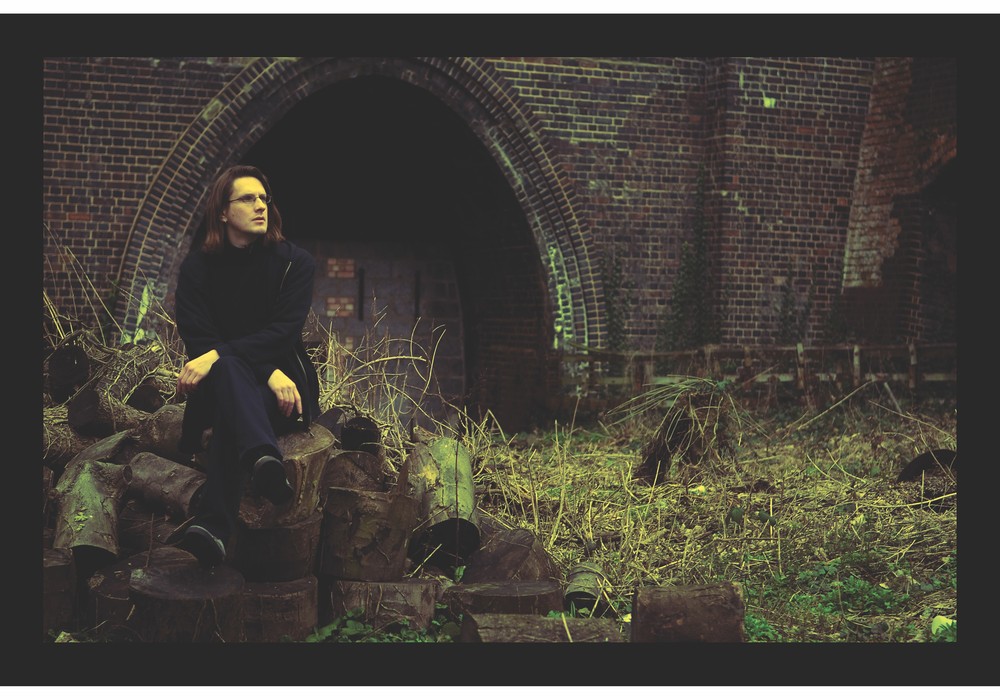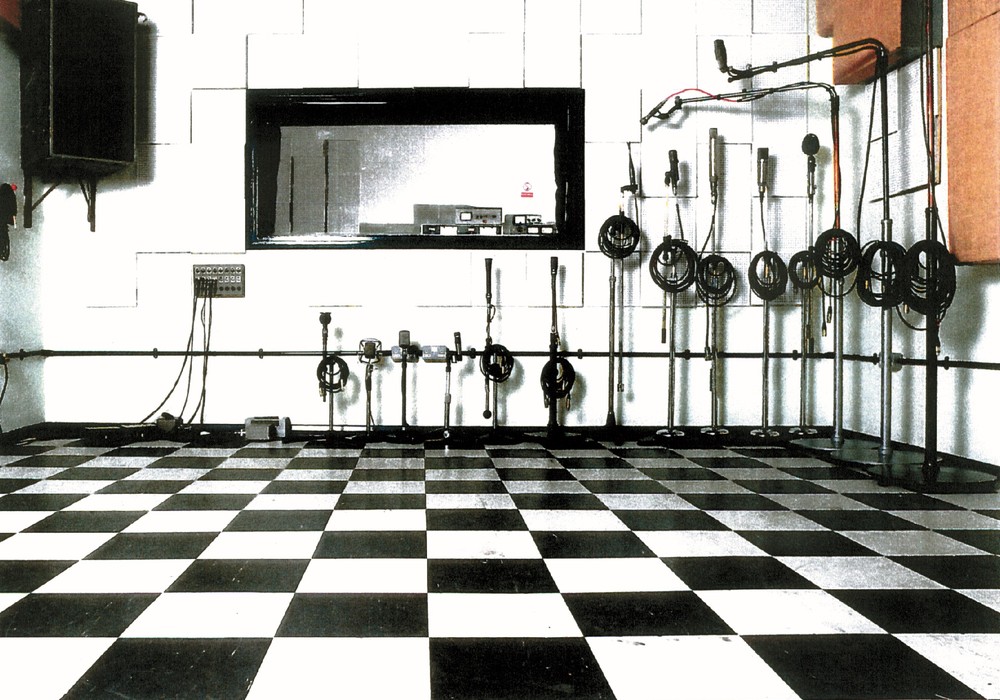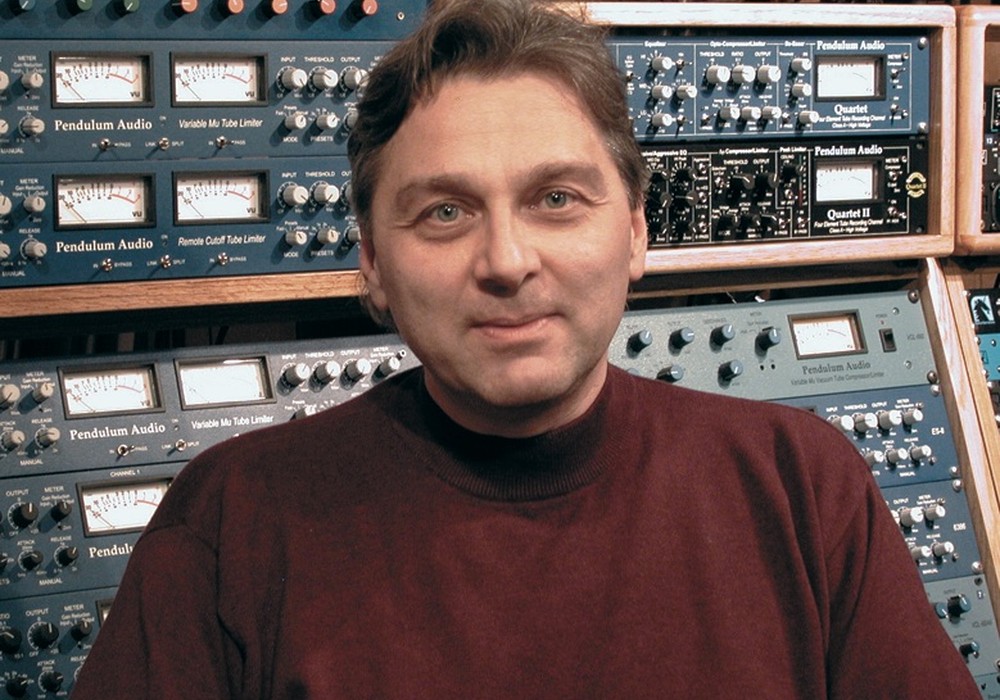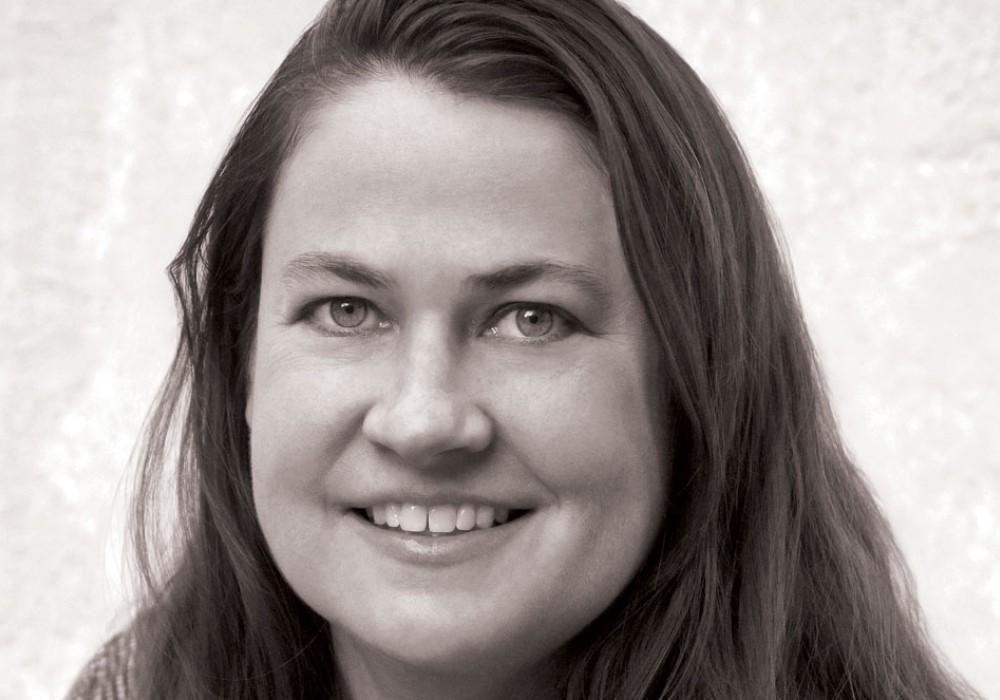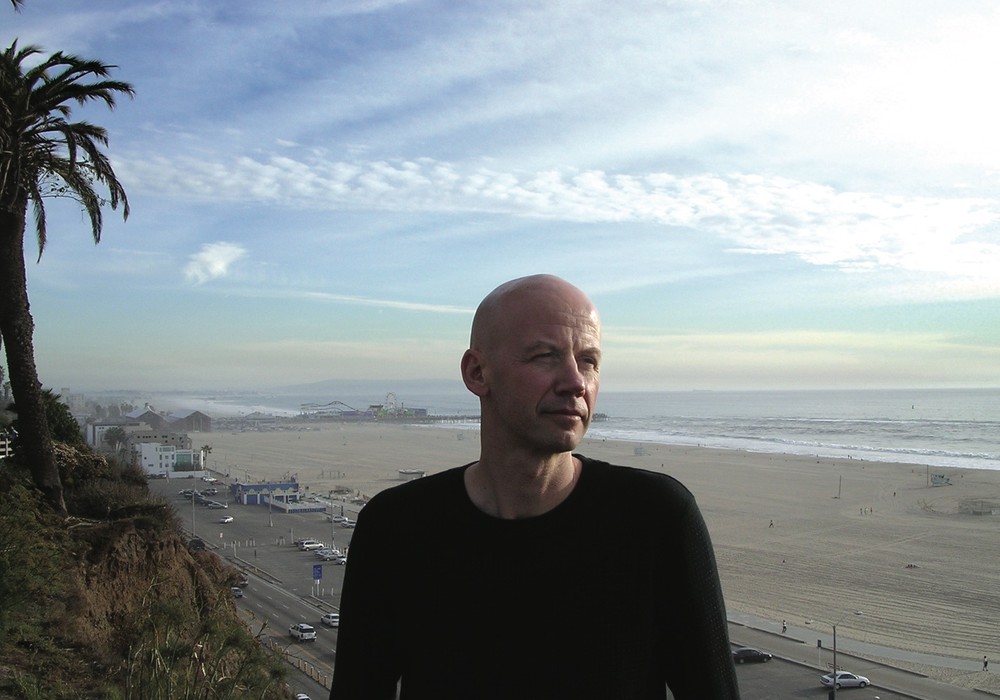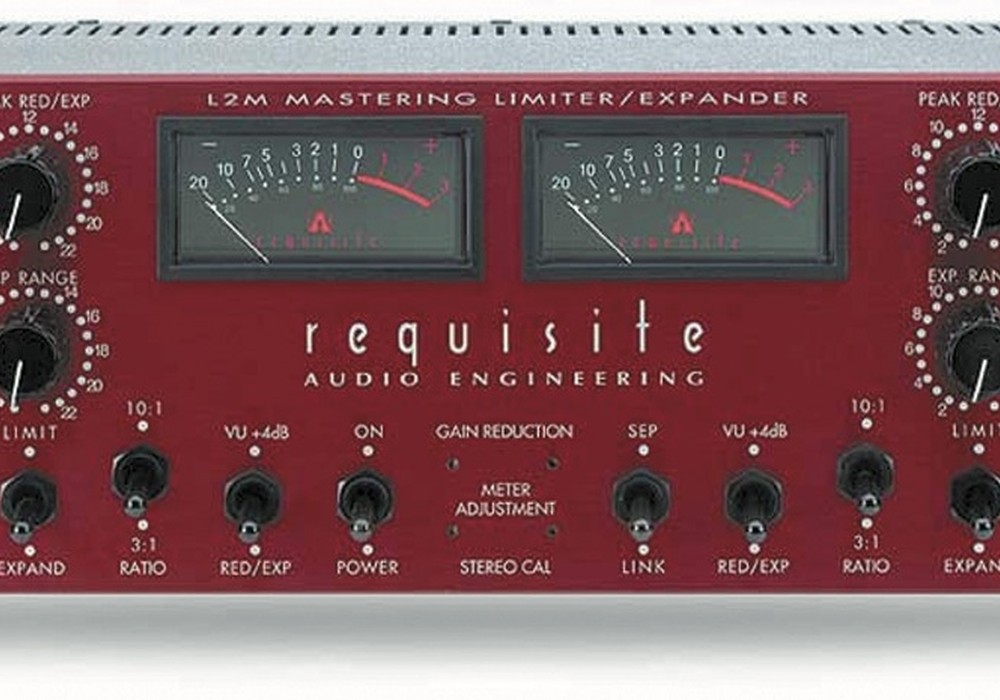Roll Music Systems has been slowly bringing out pro audio products since 2003. Starting as a small recording studio in Minneapolis, this company (Justin Ulysses Morse and John Sommer, aka Johnny Smokes) has some unique and excellent gear.
How long has Roll Music been going?
We started our company in 1998 as a recording studio. We began building gear around 2000. We started making the [RMS 216] Folcrom in late 2003. We have been officially called Roll Music Systems since 2005, but we were the Roll Music Studios before that.
Do you still have a studio going?
No, we kind of lost our shirts on that one! We really weren't succeeding financially as a studio recording indie rock. My friend Johnny [Q. Smokes] and I started recording at Radio K, which is University of Minnesota's college station. We thought, "Oh, we know all the bands in town. We can have our own studio." We thought it would be awesome. We also had our own label for a while that put out CD-R-only releases with screen-printing. That also turned out to be a way to lose money!
Why not find a third way to not make money? Start a gear company. [laughter]
I really started building gear for myself. We were trying to compete with The Terrarium and other big studios in Minneapolis. People would come into our studio and say, "Oh, you only have five vintage Fender amps? The Terrarium has 25!" I just started building gear with pieces I found off of eBay, just for use in the studio. I started talking to other people about the gear I was building for myself and I also built a few one-off pieces for people.
Is anyone else building a single-space tube preamp for the 500-series?
LaChapell Audio are making the double space tube preamps. That thing is pretty awesome. It's different from ours. I saw someone else's module at an AES show that had two tubes in it, but doesn't make any attempt to be a 500-series model. It looks like one, but it actually has to be used in a box that puts 300-volts in one of the unused pins, which scares the hell out of me. You don't know what some other random module might be conducting somewhere. There have been so many modules made by so many people over the years; I don't know what pin has been where. Even older API stuff has pin 15 being either 48 volts or direct output. Now they have a giant warning sign on their modules about that. What worries me is people who are thinking of my product — they've seen a thing that has 300-volts on the pin and they might think that ours does too. People transpose different products and might have the mistaken impression that ours is not fully compliant. It's a little bit of an educational barrier for marketing.
What's Johnny's role in company? You've been the more visible face of the company.
He's been there at the tradeshows too. I've essentially been the designer of the equipment. But when it comes to design manufacturing, when you have to solve some engineering problem, that's where we work together. You've got the box on the table and you sit around staring at it for four weeks. The big thing for the Tubule was figuring out how to mount the tube in there at a right angle. For some reason no one makes a right angle, PC-mounted tube socket. How do you mechanically make it work? A bigger company would send that down to the mechanical engineering department — but Johnny and I are the mechanical engineering department around here! We work together on that stuff. He does everything I do, except for the electronic design. We work together on product photography, design, bookkeeping and sales. I actually live in Germany most of the year. He does the day-to-day stuff in the US. I check in with phone calls and emails, of course, so he doesn't get overwhelmed with shipping and whatnot. Sometimes we feel one of us has more of the workload than the other, but it evens out. He also has an outside job at a TV station. He's the one who's actually able to take our gear out into the field and use it.
Closing Thoughts:
If you're trying to make a record sound exactly like some other record people love, the best you can do is not fail. It seems completely pointless. I'm not interested in sounds other people have used. I've never worked in a major studio, but when I worked in recording I was aware that SSLs and large Neve boards existed. People liked to use them. But, at that time, the conventional wisdom was, "I hate the sound of this SSL console, but I'm going to use it because everything on every channel gives me the control I need for sound." You kind of expect that attitude to continue; but now everyone's talking about how much they love the sound of the SSL and they really want to record on it. Why is that? Because they grew up listening to records that were recorded on those. Leo Fender probably wanted less distortion in his amps! [laughter] It's not that the sound was perfect for the music — it's that people made music that sounded good on that particular equipment.
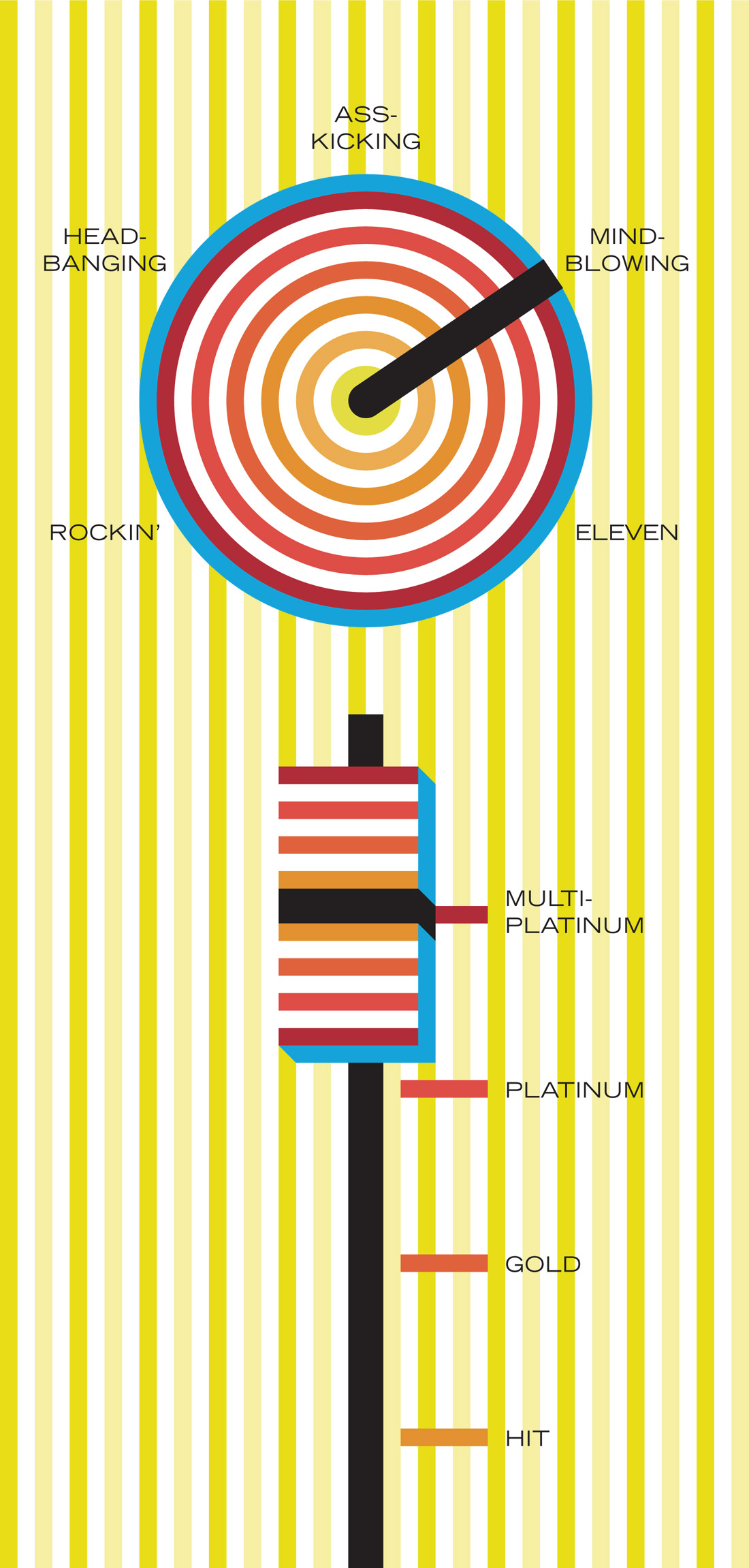



_disp_horizontal_bw.jpg)
